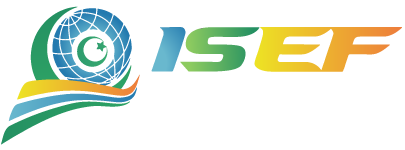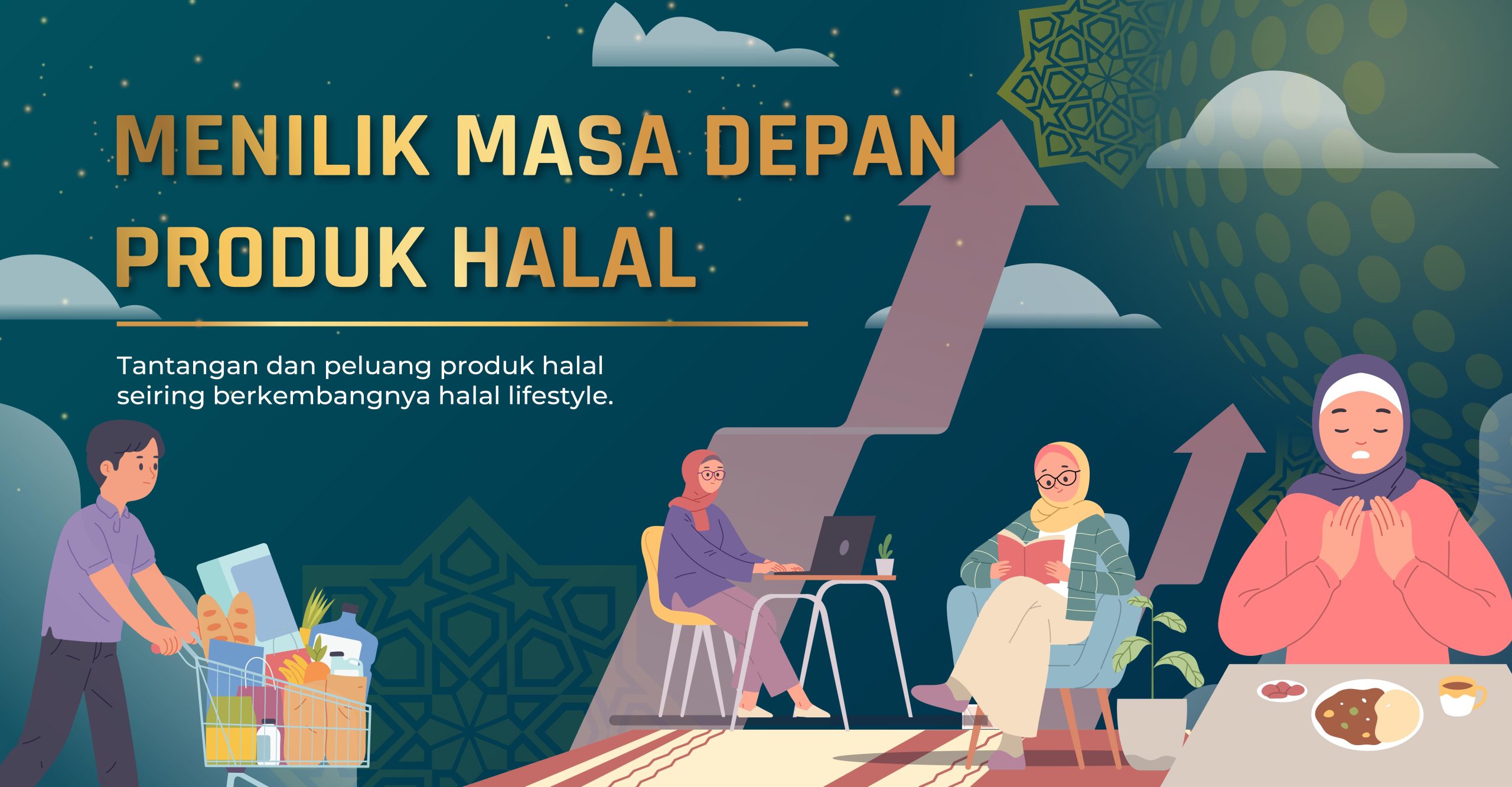Looking at the Future of Halal Products
Challenges and opportunities for halal products as halal lifestyle continues to develop.
Awareness of the good benefits of halal products has continued to grow among the public in the last decade. From clothing, culinary, tourist attractions, to the environment, the value of halal itself forms a halal lifestyle, thus encouraging an increasingly massive business turnover in it, especially in potential trade opportunities.
How could it not be? According to data from the Global Islamic Economy Report 2020/2021, Indonesia’s halal food and beverage products are ranked on the 4th, meaning that the economic opportunities for Indonesian Sharia, including the halal industry, have not been optimally empowered.
Exports of Indonesian halal food products are still far from meeting market demand compared to other countries, such as Brazil. Although not a muslim-majority country, Brazil is known as one of the largest halal food exporters in the world. This fact proves that halal products are currently in demand and sought after in various parts of the world, not even limited to countries where the majority of the population is muslim.
According to a Kearney survey entitled “Unlocking the next wave of digital growth: beyond metropolitan Indonesia”, 75 percent of Indonesia’s population is connected to the internet. In this case, if people are used to combining a halal lifestyle with technology, then their daily habits are full of digital activities.
For instance, when someone wants to eat something, they will usually first check via digital whether what they are about to consume has been certified or verified as halal or not. The same goes for when they buy muslim clothing online such as modest clothing, hijab, socks, and others. Therefore, increasing consumption of domestic halal products through the digital economy, can be done through the development of the halal market and sharia payment system.
Vice President of the Republic of Indonesia Ma’ruf Amin said that Indonesia has a great opportunity to become the largest producer and exporter of halal products in the world. This is supported by the available resources, including the potential of the industrial sector in Indonesia. For this reason, the government has compiled the 2019-2024 Indonesian Sharia Economic Masterplan to support the development of halal products, which consists of four main strategies.
First, strengthening the halal value chain consisting of the halal food and beverage industry, the halal tourism industry, the muslim fashion industry, the halal media and recreation industry, the halal pharmaceutical and cosmetic industry, and the renewable energy industry. Second, strengthening the sharia finance sector. Third, strengthening micro, small and medium enterprises. Lastly, the utilization and strengthening of the digital economy.
To be able to compete in the global halal product market, the road will surely not be easy, as there are several obstacles that must be faced. For this reason, various strategic efforts need to be developed. One of them is through organizing national and international events to encourage the promotion of MSMEs and the publication of Indonesian muslim products, which are currently experiencing significant progress compared to previous years, in order to increase their awareness in the eyes of the world.


